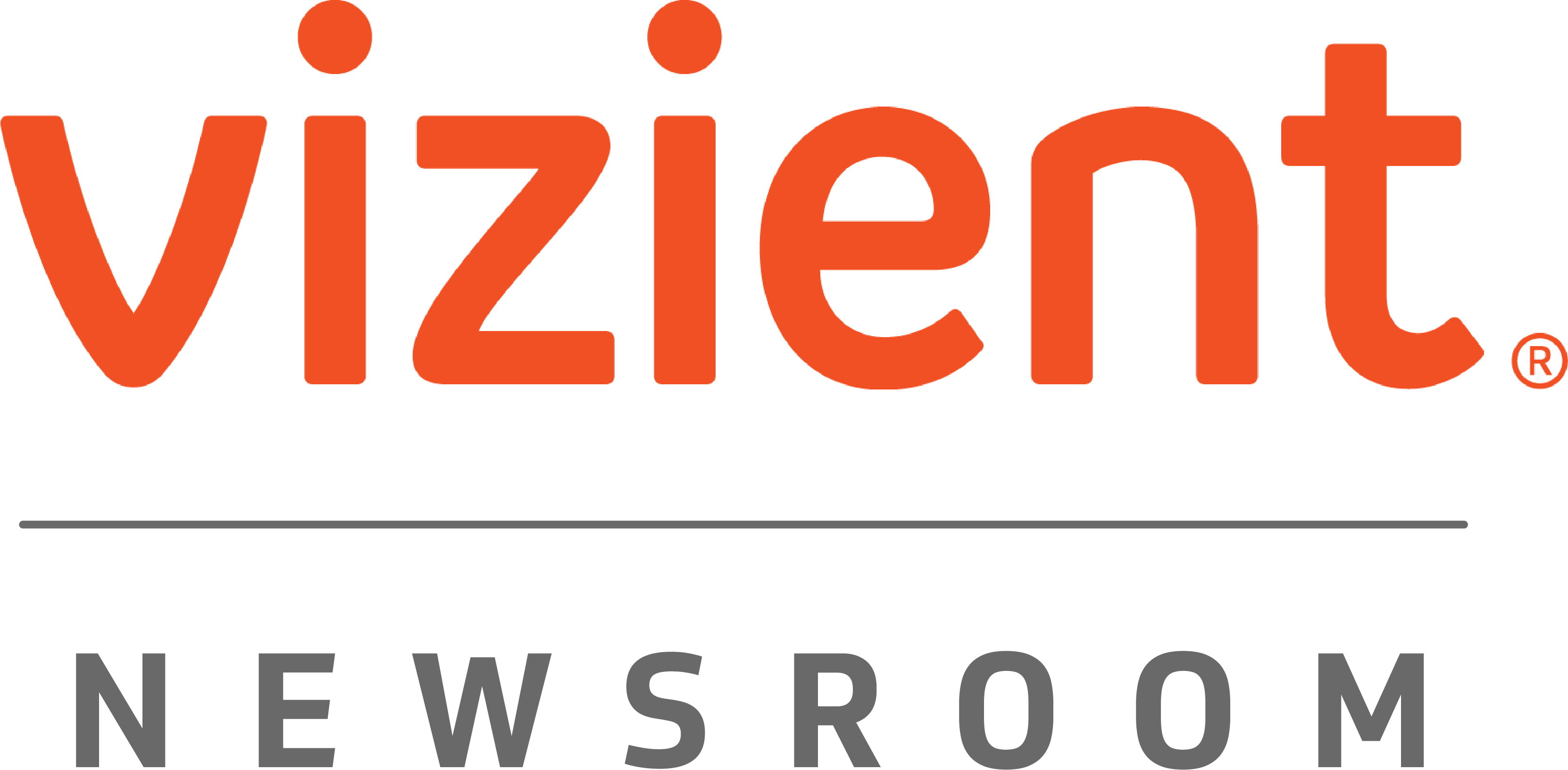Increasing sustainability efforts in health care food service is no longer a trend but a standard practice. Driving the conversation is the obesity epidemic, the effect of meat and dairy production on climate change and the extensive use of non-therapeutic antibiotics in the production of poultry, beef and pork. Adding to the urgency is the increased focus on enhancing the patient experience. In today’s world of quality patient care, food matters.
But what exactly does “sustainable” mean in food service? When I ask food service operators, I get many different definitions. When I looked online, I found that information was scattered across a variety of sites with varying degrees of completeness. With no single source of truth to define sustainability in food service, I thought it would be helpful to compile accurate definitions for the common jargon that I have found as a way to bring greater understanding into the conversation on this topic.
Based on my research, here are the standard definitions for USDA-allowed labeling claims and third-party certifications related to sustainability claims for food.
The Food Safety and Inspection Service (FSIS) is the agency within the USDA responsible for ensuring meat and poultry labels are not misleading. USDA-allowed labeling claims related to sustainability include:
- Locally produced - Grown, raised and processed within 200-250 miles of the operator's location. May be applied to dairy, eggs, fruits and vegetables, beef, pork, poultry and other meats.
- Raised without antibiotics/No antibiotics administered - Applies to beef, veal, poultry, pork and lamb. Animals cannot have had antibiotics administered to them at any point in their lives.
- Raised without added hormones/No hormones added - Applies to beef, veal and lamb. This label signifies that no hormones have been given to the animal at any point during its life. NOTE: The use of added hormones is never allowed with pork and poultry products.
- rBGH/rBST-free or farmer’s pledge not to use rBGH/rBST or any artificial hormones - Applies to dairy (milk, butter, cheese, yogurt, ice cream, sour cream and cottage cheese).
- Grass-fed - Applies to beef, veal, lamb, milk and other dairy products. Designates animals that have been fed a diet of grass and/or forage throughout their lifetime, with the exception of milk consumed prior to weaning. The animal cannot have consumed any grain or grain byproducts and had to have continuous access to pasture during its growing season.
- Cage free - Eggs packed in USDA-grademarked consumer packages labeled as cage free must be produced by hens housed in a building, room or enclosed area that allows for unlimited access to food and water, and provides the freedom to roam within the area during the laying cycle.
There is also a range of other certifications from USDA and other agencies related to sustainability. These cover issues such as social and environmental responsibility, humane treatment of animals and genetic engineering.
- USDA Certified Organic - These foods are grown without the use of synthetic fertilizers, chemicals or sewage sludge. The food must also be non-GMO (genetically modified) and cannot be irradiated. Meat cannot be treated with antibiotics or hormones. At least 95 percent of ingredients used in the product must be organic.
- Food Alliance Certified - Applies to beef, lamb, pork, poultry, dairy, eggs, shellfish, grains, legumes, fruits, vegetables, nuts and oils. This labeling requires compliance with socially and environmentally responsible agriculture practices including providing conditions that are safe and fair for workers, providing safe and humane care of livestock, avoiding the use of hormones and nontherapeutic antibiotics, avoiding the production of genetically modified foods, reducing pesticide use and adopting practices that conserve natural resources and protect and enhance wildlife habitats.
- Certified Humane Raised and Handled® - Applies to beef, lamb, pork, poultry, milk, cheese and eggs. This certification addresses the handling of farm animals while they are being raised including providing adequate space, shelter and gentle handling techniques, assuring provision of adequate water and healthy diets and avoiding antibiotic and hormone use. Compliance with local, state and federal environmental standards is also required.
- Animal Welfare Approved - Animals must be able to behave naturally and be in a state of physical and psychological well-being. Requires animals to be raised on range or pasture, prohibits dual production, i.e. raising animals under both an industrialized, factory-farm system as well as an alternative, higher-welfare system, certifies only family farmers, high standards for animal welfare.
- Rainforest Alliance Certified™ - Applies to coffee, tea, cocoa, chocolate, tropical fruit and nuts. This alliance promotes biodiversity and sustainable livelihoods by encouraging fair treatment of workers and the use of farming methods that don’t compromise soil or water supplies, and that manage waste efficiently, limit chemical use and facilitate positive relationships with the surrounding communities.
- Fair Trade Certified™ - Applies to grains, rice, fruit, coffee, tea, sugar, cocoa, chocolate and nuts. These standards promote fair treatment of farmers in developing nations by ensuring they receive fair prices for their products, are able to trade directly with buyers and have access to credit. The standards also encourage sustainable farming practices and discourage the use of child labor and some pesticides. Products also must come from democratically organized small-scale producers.
- Non-GMO Project Verified - Applies to corn, soy, canola, sugar beets, squash, papaya, salmon, and processed foods and non-foods that contain any of these ingredients or their derivatives. A genetically modified organism (GMO) is any organism whose genetic material has been altered using genetic engineering techniques. This label indicates that the food has gone through the Non-GMO Project’s verification process and has been produced in accordance with consensus-based practices for GMO avoidance.
- Marine Stewardship Council Certified - Assures buyers that products come from a well-managed fishery and have not contributed to overfishing. The three principles of the MSC certification standard are: 1) The condition of the fish stocks (examines if there are enough fish to ensure that the fishery is sustainable); 2) The impact of the fishery on the marine environment (examines the effect that fishing has on the immediate marine environment including other nontarget fish species, marine mammals and seabirds); 3) The fishery management systems (evaluates the rules and procedures that are in place, as well as how they are implemented, to maintain a sustainable fishery and to ensure that the impact on the marine environment is minimized).
The awareness of and demand for sustainable food products in hospital food service will only continue to grow. The Green Guide for Health Care and Health Care Without Harm have been leading the way with establishing standards and guidelines for health care food service to create, promote and implement sustainable food purchasing policies and operational plans.
Sustainability is a major focus for the Vizient food team since it directly impacts the care our members provide to their staff and patients. To address the increasing demand, the Vizient food team has proactively sourced for more local, NAE (no antibiotics ever) proteins and organic products. There is also a continued focus on partnering with innovative suppliers who offer products, equipment and processes that support waste reduction for our members. For more information about Vizient sustainability efforts or the Environmentally Preferred Sourcing program, please contact Bridget May.
Interested in a complete menu of food offerings that help enhance quality, lower costs and improve operations? Check out Vizient Food Solutions today.

